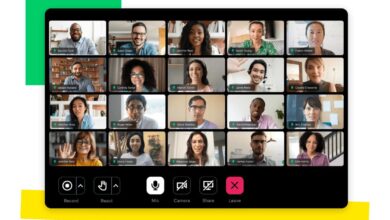Swipe Right: The Pros and Cons of Using Dating Apps
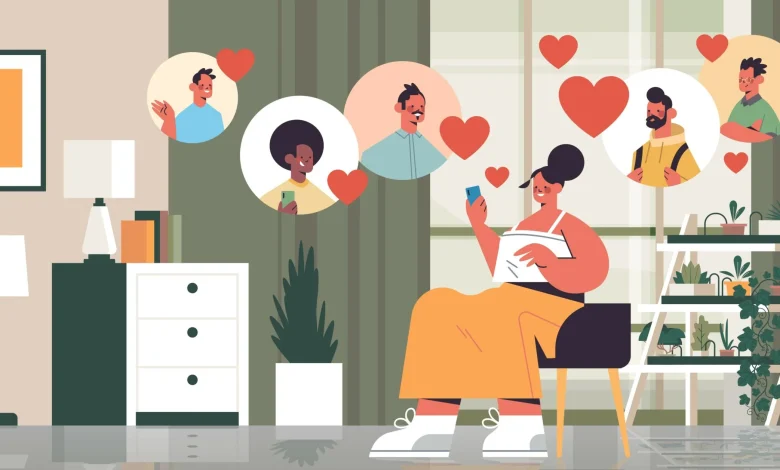
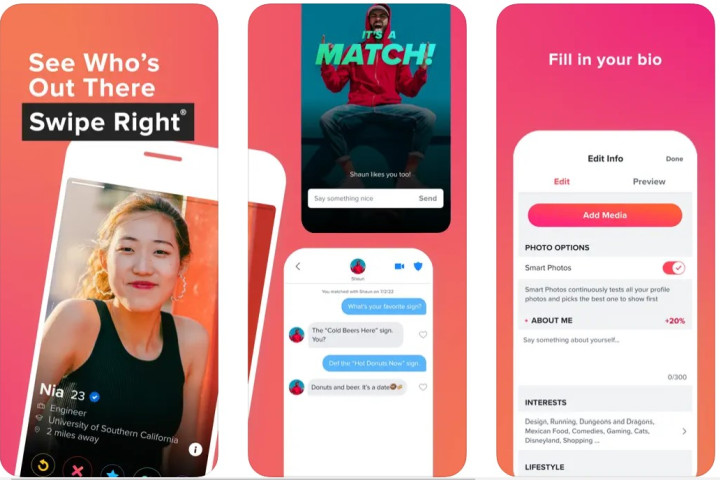
Introduction to Dating Apps
Introduction to different dating apps
Dating apps have become a popular way for people to connect and meet potential romantic partners. **Tinder:** Known for its simple swipe right to like and left to pass interface. **Bumble:** Gives women more control by allowing them to make the first move. **Hinge:** Focuses on creating meaningful connections through detailed profiles. **OkCupid:** Offers a mix of casual and serious dating options. **Match:** One of the oldest dating platforms known for its comprehensive user profiles. **Grindr:** Specifically caters to the LGBTQ+ community. **Coffee Meets Bagel:** Emphasizes quality over quantity by providing a limited number of matches each day.
Popularity and usage statistics of dating apps
According to recent data, Tinder remains one of the most popular dating apps globally, with millions of users swiping daily. Bumble has gained popularity for its unique approach to empowering women in the online dating scene. Hinge has seen a significant increase in user engagement due to its focus on building genuine connections. OkCupid continues to attract a diverse user base looking for various types of relationships. Match remains a top choice for those seeking a more serious commitment. Grindr stands out as a leading platform for LGBTQ+ individuals to connect. Coffee Meets Bagel's curated matches have resonated with users looking for quality over quantity.
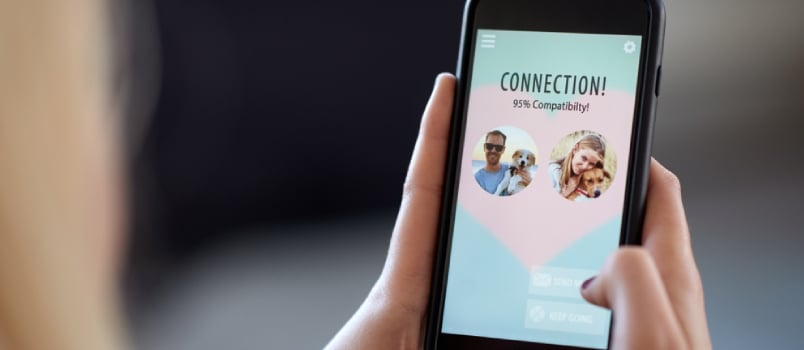
Pros of Using Dating Apps
Convenience and accessibility of meeting new people
Dating apps offer a convenient way for individuals to meet potential partners with just a few swipes on their smartphone. This accessibility allows users to connect with others anytime, anywhere, making it easier to strike up conversations and arrange dates. Whether someone is looking for casual interactions or a serious relationship, dating apps provide a platform to explore various options in a user-friendly manner.
Expanded dating pool and increased opportunities for connections
By using dating apps, individuals can expand their dating pool beyond their immediate social circles. This broadens the opportunities to meet diverse people with different backgrounds, interests, and lifestyles. Whether someone prefers a partner with specific qualities or is open to new experiences, dating apps offer a wide range of choices to explore and connect with like-minded individuals. The increased options enhance the chances of finding a compatible match that aligns with personal preferences and relationship goals.

Cons of Using Dating Apps
Risk of encountering fake profiles and catfishing
Dating apps come with the risk of encountering fake profiles and individuals who misrepresent themselves, a practice commonly known as catfishing. This can lead to deception, disappointment, and even potential safety concerns for users who may not be interacting with genuine individuals. It is essential for users to remain cautious and validate the authenticity of profiles before developing trust or engaging in personal conversations.
Potential for increased feelings of rejection and low self-esteem
Using dating apps can also expose individuals to an increased likelihood of experiencing rejection, which may contribute to feelings of low self-esteem or inadequacy. The nature of the platform, where users often make quick judgments based on limited information or appearances, can amplify insecurities and emotional vulnerabilities. It is important for users to prioritize self-care and maintain a healthy perspective when navigating the uncertainties of online dating.

Impact on Social Interaction
Effect of dating apps on traditional dating practices
The use of dating apps has significantly altered traditional dating practices. In modern society, individuals are increasingly turning to online platforms to meet potential partners, shifting away from more conventional methods such as meeting through mutual friends or in social settings. This shift has streamlined the process of connecting with others but has also changed the dynamics of courtship and initial interactions.
Discussion on changes in communication and relationship dynamics
The prevalence of dating apps has influenced how individuals communicate and build relationships. With the convenience of instant messaging and virtual connections, the pace of getting to know someone and forming emotional bonds has accelerated. However, this shift towards digital communication has also raised concerns about the depth and authenticity of interactions, as face-to-face communication and non-verbal cues may play a lesser role in initial stages of dating.

Privacy and Safety Concerns
Privacy issues and data security risks associated with dating apps
The use of dating apps raises concerns about privacy and data security. User information shared on these platforms may be at risk of being accessed by unauthorized individuals, leading to potential breaches of privacy. The collection of personal data on dating apps also raises questions about how this information is stored and used, with concerns about data sharing and potential misuse. Users need to be cautious about the information they provide and be aware of the privacy policies of the apps they are using.
Tips for staying safe while using dating apps
To enhance safety while using dating apps, individuals should exercise caution when sharing personal information such as their full name, address, or financial details. It is important to limit the amount of personal information shared online and avoid disclosing sensitive information to strangers. Additionally, users should consider meeting in public places for initial meetings and informing a friend or family member about their plans. Regularly reviewing privacy settings and being aware of potential scams or fake profiles can also contribute to a safer online dating experience.

Success Stories and Testimonials
Real-life success stories of couples who met through dating apps
– **Emily and Mark**: Emily and Mark met on a popular dating app and instantly connected over their shared love for hiking. After months of chatting, they finally decided to meet in person and have been inseparable ever since. They credit the app for bringing them together and helping them find their perfect match.
- Sarah and Jake: Sarah and Jake's love story began when they matched on a dating app and discovered their mutual passion for travel. Despite living in different cities, they made long-distance work and eventually tied the knot. They are grateful for the platform that allowed them to find each other.
Testimonials about positive experiences and meaningful relationships
– *”Using dating apps helped me find my soulmate, and I couldn't be happier. I was skeptical at first, but now I can't imagine my life without him.”* – Amanda, 29.
- “Thanks to dating apps, I met someone who truly understands me. We clicked instantly, and I'm grateful for the app that brought us together.” – Alex, 35.

Mental Health Implications
Discussion on the impact of dating apps on mental health
– Emily and Mark, Sarah and Jake, among others, found love through dating apps. While these success stories highlight the positive side, it is essential to delve into the potential mental health implications associated with these platforms.
Exploration of loneliness, social comparison, and addiction concerns
– Loneliness: Despite the connectivity dating apps offer, individuals may still experience feelings of loneliness due to superficial interactions and fear of missing out on idealized relationships.- Social Comparison: Constant exposure to curated profiles can lead to unhealthy social comparison, impacting self-esteem and fostering inadequacy.- Addiction Concerns: The gamified nature of these apps can trigger addictive behaviors, leading to overuse and potential negative psychological impacts.

Ethical Considerations
Ethical implications of algorithms and user manipulation on dating apps
– The algorithms used in dating apps raise concerns regarding user privacy and manipulation. Users' data and preferences are analyzed to make matches, but this process can also lead to personal information being used for targeted ads or shared with third parties without consent.
Debate on the ethical responsibilities of dating app developers
– There is an ongoing debate about the ethical obligations of dating app developers. Some argue that developers have a responsibility to prioritize user well-being over profits by implementing features that promote healthy interactions and limit potential harm. Others believe that users should take personal responsibility for their app usage and that developers are not entirely accountable for users' experiences.
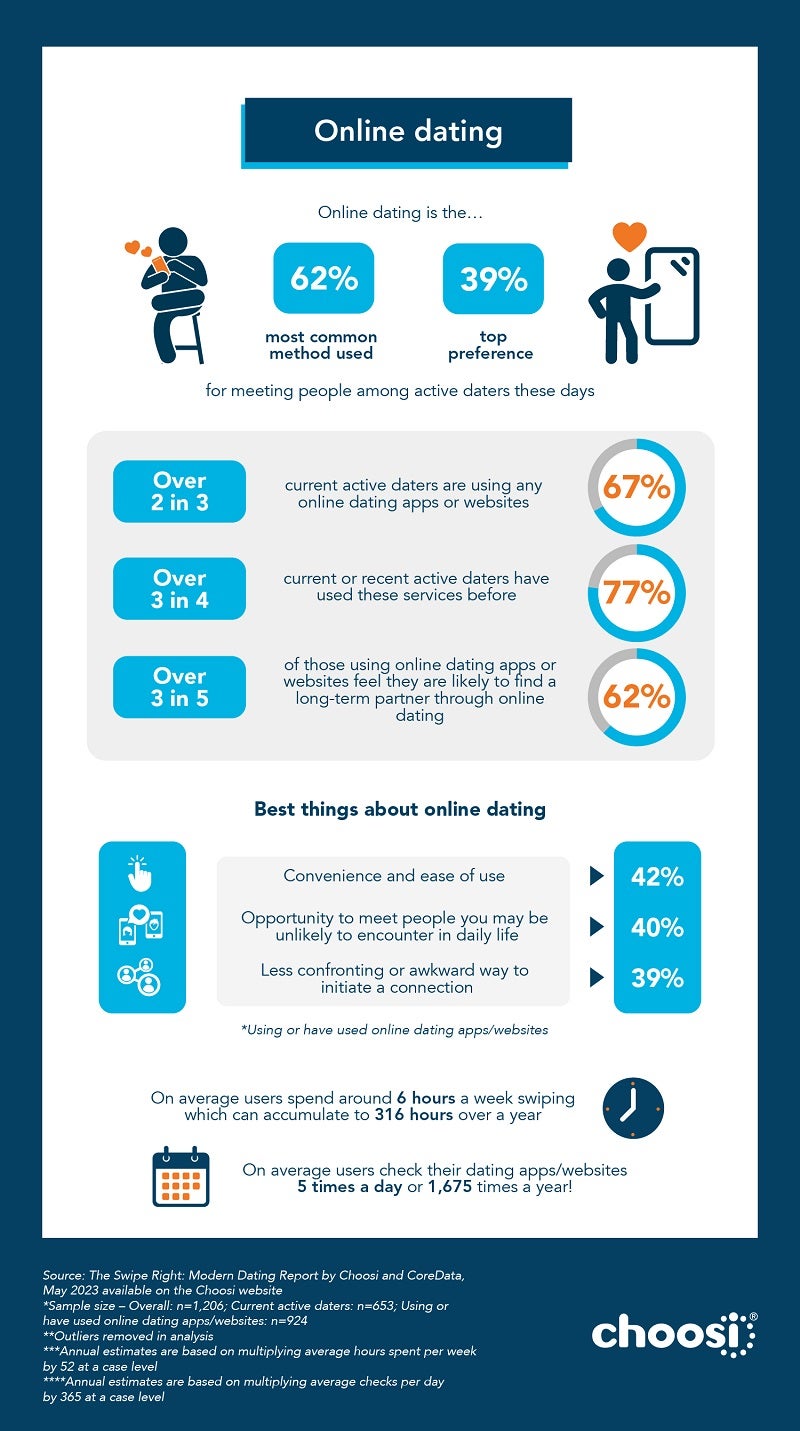
Ethical Considerations
Ethical implications of algorithms and user manipulation on dating apps
– The algorithms used in dating apps raise concerns regarding user privacy and manipulation. Users' data and preferences are analyzed to make matches, but this process can also lead to personal information being used for targeted ads or shared with third parties without consent.
Debate on the ethical responsibilities of dating app developers
– There is an ongoing debate about the ethical obligations of dating app developers. Some argue that developers have a responsibility to prioritize user well-being over profits by implementing features that promote healthy interactions and limit potential harm. Others believe that users should take personal responsibility for their app usage and that developers are not entirely accountable for users' experiences.
Conclusion
Summary of pros and cons of using dating apps
| Pros | Cons |
|---|---|
| Convenient way to meet new people | Lack of authenticity in online interactions |
| Access to a larger pool of potential matches | Privacy concerns related to personal data sharing |
| Can lead to meaningful relationships | Potential for superficial judgments based on looks |
Personal reflections and considerations for making informed decisions
– Users should consider the trade-offs between convenience and privacy when using dating apps. Being mindful of how personal information is shared and taking the time to evaluate the authenticity of interactions can help users navigate the ethical considerations involved in using these platforms.



